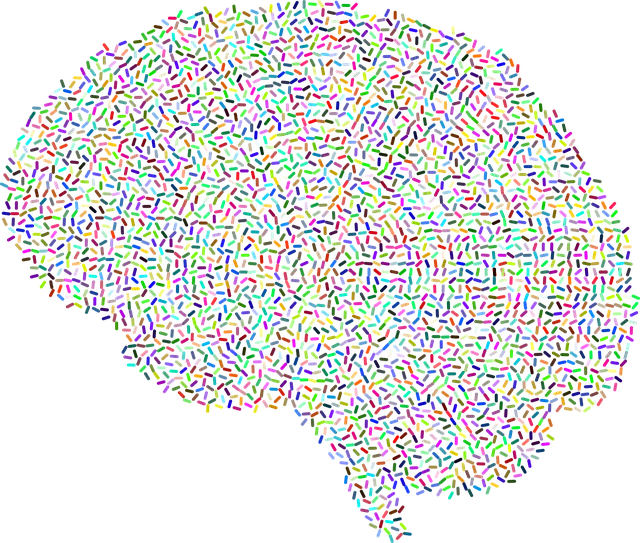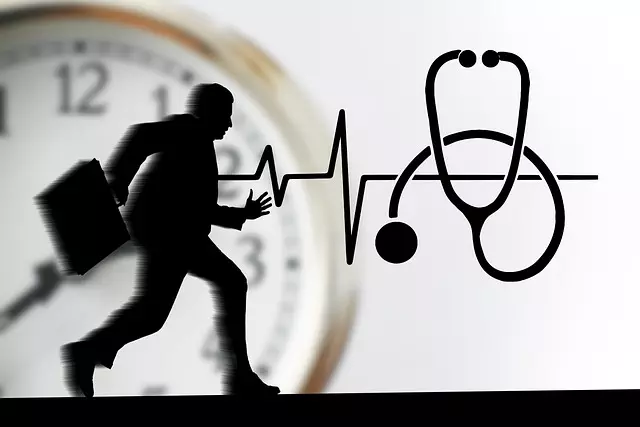Englewood Kaiser mental health programs are renowned for their holistic approach to improving diagnostic accuracy in mental health assessment, a critical area where professionals often face challenges. They combat misdiagnosis through awareness campaigns, continuous learning, open dialogue, and patient-centric techniques like journaling and stress reduction methods. The programs integrate advanced tools like Self-Awareness Exercises and promote positive thinking to empower patients in managing their mental well-being. This comprehensive strategy not only enhances diagnostic precision but also builds resilience for long-term wellness, while also prioritizing professional development and risk management to sustain high-quality care.
Mental illness diagnosis accuracy is a critical aspect of patient care, with significant implications for treatment outcomes. This article explores efforts to enhance diagnosis accuracy, focusing on the innovative approaches pioneered by Englewood Kaiser Mental Health Programs. We delve into the challenges, including high misdiagnosis rates and their impact, before presenting comprehensive strategies aimed at improving diagnostic precision. By examining these initiatives, we highlight the potential for better mental health management and patient outcomes.
- Understanding the Challenges: Misdiagnosis Rates and Their Impact
- Englewood Kaiser Mental Health Programs: Innovative Approaches to Enhance Diagnosis
- Strategies for Improving Accuracy: A Comprehensive Overview
Understanding the Challenges: Misdiagnosis Rates and Their Impact

Mental health professionals often face a complex challenge when it comes to diagnosis, particularly with respect to misdiagnosis rates. Studies show that an alarmingly high number of individuals receive incorrect initial diagnoses, which can have significant consequences for their treatment and overall mental wellness. Englewood Kaiser mental health programs, renowned for their comprehensive approach, recognize this as a critical area of focus to improve patient outcomes.
Misdiagnosis can lead to inappropriate treatments or the delay in receiving the right support. Many factors contribute to these errors, including the complexity of symptoms, individual differences, and the vast spectrum of mental health conditions. By increasing awareness through initiatives like Mental Health Awareness campaigns, engaging in continuous professional development, and encouraging open dialogue, Englewood Kaiser aims to reduce misdiagnosis rates. Additionally, promoting Mental Wellness Journaling Exercise Guidance and Stress Reduction Methods can empower individuals to actively participate in their mental health journey, providing valuable insights for healthcare professionals.
Englewood Kaiser Mental Health Programs: Innovative Approaches to Enhance Diagnosis

Englewood Kaiser Mental Health Programs are leading the way in innovative approaches to enhance diagnosis accuracy and effectiveness. By integrating advanced assessment tools with human-centric methods, these programs prioritize a holistic understanding of mental health conditions. For instance, they employ Self-Awareness Exercises designed to help individuals gain insights into their thoughts, feelings, and behaviors, thereby facilitating more accurate self-reporting during diagnoses.
Moreover, Englewood Kaiser emphasizes the importance of Positive Thinking and Self-Care Routine Development for Better Mental Health. These strategies empower patients to actively participate in their healing process. Through tailored interventions, the programs not only improve diagnostic accuracy but also foster resilience, promoting long-term mental well-being.
Strategies for Improving Accuracy: A Comprehensive Overview

Improving mental illness diagnosis accuracy is a multifaceted approach that Englewood Kaiser mental health programs have been actively pursuing. One key strategy involves enhancing clinical training for professionals, incorporating advanced assessment tools and techniques to ensure practitioners stay updated with the latest research and best practices. This includes regular workshops on diagnostic criteria revisions and case study discussions to refine skills in recognizing subtle symptoms and comorbidities.
Additionally, implementing robust Risk Management Planning for Mental Health Professionals is vital. Encouraging Self-Care Practices and promoting Confidence Boosting measures among practitioners can directly impact diagnosis accuracy. Burnout and fatigue lead to decreased vigilance and decision-making capabilities. Therefore, fostering a culture of self-awareness, resilience, and support within the profession is essential, allowing professionals to maintain optimal performance and provide more precise diagnoses.
The pursuit of enhancing mental illness diagnosis accuracy is a continuous journey, and the Englewood Kaiser Mental Health Programs offer a promising path forward. By implementing innovative approaches and adopting comprehensive strategies, as discussed in this article, we can significantly reduce misdiagnosis rates. The efforts to improve diagnosis accuracy not only honor those affected by mental health conditions but also ensure that individuals receive timely and effective treatment. With continued research, education, and collaborative initiatives like the Englewood Kaiser model, a brighter future is within reach for those navigating the complexities of mental health care.






